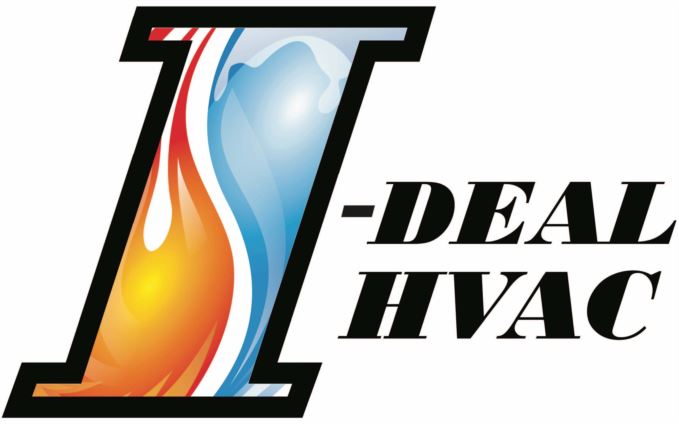
We spend a good majority of our time in our homes. In reality, the Environmental Protection Agency (EPA) has determined being indoors accounts for 90% of our days. However, the EPA also has found your indoor air can be three to five times dirtier than outdoors.
That’s since our houses are securely sealed to enhance energy efficiency. While this is fantastic for your heating and cooling expenses, it’s not so fantastic if you’re a part of the 40% of the population with respiratory allergies.
When outside ventilation is restricted, pollutants such as dust and volatile organic compounds (VOCs) may get captured. Consequently, these pollutants might aggravate your allergies.
You can enhance your indoor air quality with clean air and regular cleaning and vacuuming. But if you’re still having issues with symptoms while you’re at home, an air purifier could be able to provide relief.
While it can’t eliminate pollutants that have gotten trapped in your couch or carpeting, it could help freshen the air circulating throughout your home.
And air purification has also been scientifically proven to help lessen some allergic symptoms, according to the American College of Allergy, Asthma and Immunology. It might also be useful if you or a loved one has lung issues, including emphysema or COPD.
There are two kinds, a portable air purifier or a whole-home air purifier. We’ll discuss the distinctions so you can figure out what’s appropriate for your house.
Whole-House Air Purifier vs. Portable Air Purifiers
A portable air purifier is for a lone room. A whole-house air purifier accompanies your heating and cooling equipment to purify your full home. Some types can work independent when your heating and cooling equipment isn’t operating.
What’s the Best Air Purifier for Allergies?
Go after a purifier with a High Efficiency Particulate Air (HEPA) filter. HEPA filters are used in hospitals and deliver the best filtration you can buy, as they eliminate 99.97% of particles in the air.
HEPA filters are even more beneficial when combined with an ultraviolet (UV) germicidal light. This mighty combination can wipe out dust, dander, pollen and mold, all of which are general allergens. For the best in air purification, consider a unit that also has a carbon-based filter to reduce household smells.
Avoid buying an air purifier that makes ozone, which is the main component in smog. The EPA cautions ozone may irritate respiratory troubles, even when emitted at small settings.
The Allergy and Asthma Foundation of America has created a listing of questions to ask when getting an air purifier.
- What can this purifier extract from the air? What doesn’t it take out?
- What’s its clean air delivery rate? (A bigger figure means air will be freshened more quickly.)
- How frequently does the filter or UV bulb need to be switched]? Can I complete that on my own?
- How much do replacement filters or bulbs cost?
How to Lessen Seasonal Allergy Symptoms
Want to get the {top|most excellent|best] results from your new air purification equipment? The Mayo Clinic recommends taking other measures to limit your exposure to things that can trigger seasonal allergies.
- Stay in your home and keep windows and doors closed when pollen counts are heightened.
- Have someone else cut the lawn or pull weeds, since these tasks can trigger symptoms. If you are required to do these chores on your own, you might want to consider using a pollen mask. You should also rinse off right away and put on new clothes once you’re done.
- Avoid hanging laundry outside your home.
- Use your air conditioner while at home or while driving. Consider adding a high efficiency air filter in your house’s home comfort unit.
- Equalize your residence’s humidity percentage with a whole-house dehumidifier.
- Hardwood, tile or linoleum are the ideal flooring kinds for decreasing indoor allergens. If your residence has carpet, use a HEPA filter on your vacuum cleaner.
Let Our Professionals Take Care of Your Indoor Air Quality Necessities
Want to take the next step with adding a whole-house air purifier? Give our professionals a call at 505-317-9598 or contact us online to get an appointment. We’ll help you locate the ideal equipment for your home and budget.
